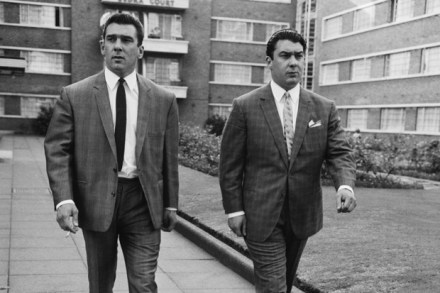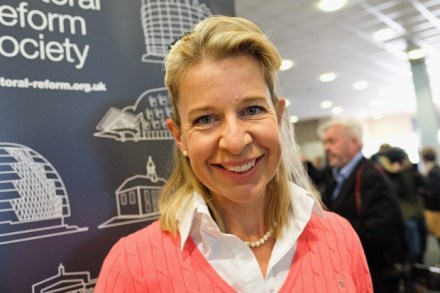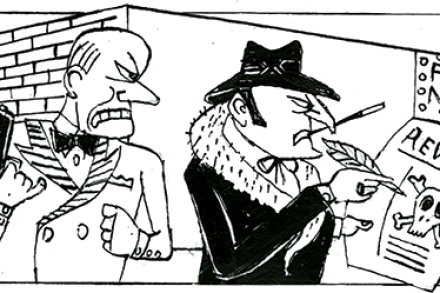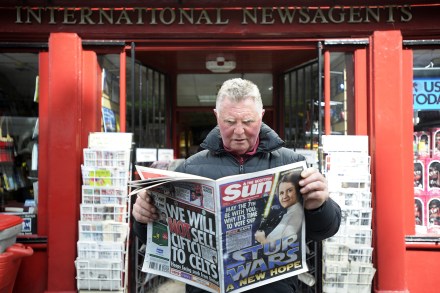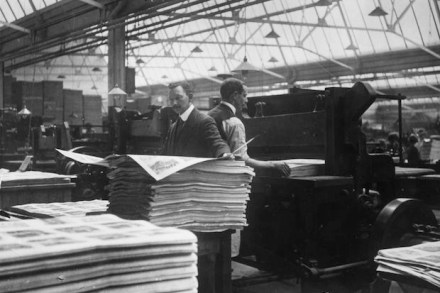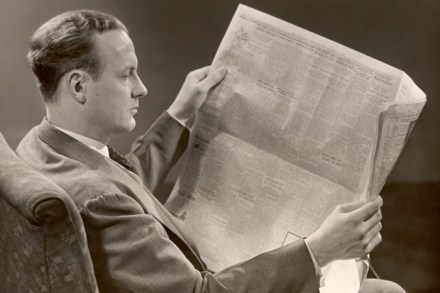Could I have prevented a Kray murder?
It was watching the latest film on the Krays (ludicrously called Legend) that brought it all back. I remembered not so much the deliberate and casual violence which underlay the swinging Sixties in Britain but something more personal. A recurrent question I have asked since those days is whether I personally could have prevented one of the Kray murders. Let me go back to 1966. I was a journalist on the Times commissioned to write two articles on British prisons. The Prison Department had directed me to the new secure prison of Albany on the Isle of Wight and to the psychiatric work being done at Grendon Underwood. But I
